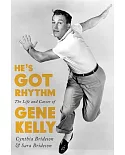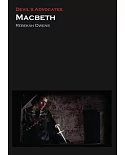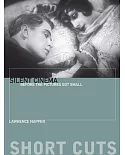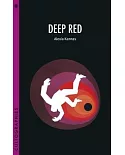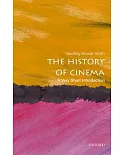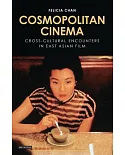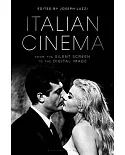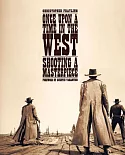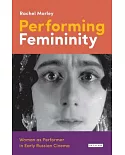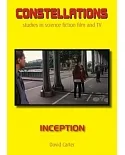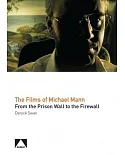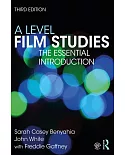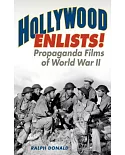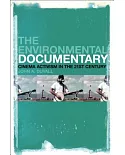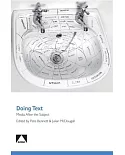Documentaries such as Zana Briski and Ross Kauffman's Born into Brothels, Michael Moore's Fahrenheit 9/11, Jeffrey Blitz's Spellbound, along with March of the
Penguins and An Inconvenient Truth have achieved critical as well as popular success. Although nonfiction film may have captured imaginations, many viewers enter and leave theaters
with a nanve concept of "truth" and "reality"-for them, documentaries are information sources. But is truth or reality readily available, easily acquired, or undisputed? Or do documentaries
convey illusions of truth and reality? What aesthetic means are used to build these illusions?
A documentary's sounds and images are always the product of selection and choice, and often underscore points the filmmaker wishes to make. Crafting Truth illuminates the ways these
films tell their stories; how they use the camera, editing, sound, and performance; what rhetorical devices they employ; and what the theoretical, practical, and ethical implications of these
choices are. Complex documentary concepts are presented through easily accessible language, images, and a discussion of a wide range of films and videos to encourage new ways of thinking
about and seeing nonfiction film.


